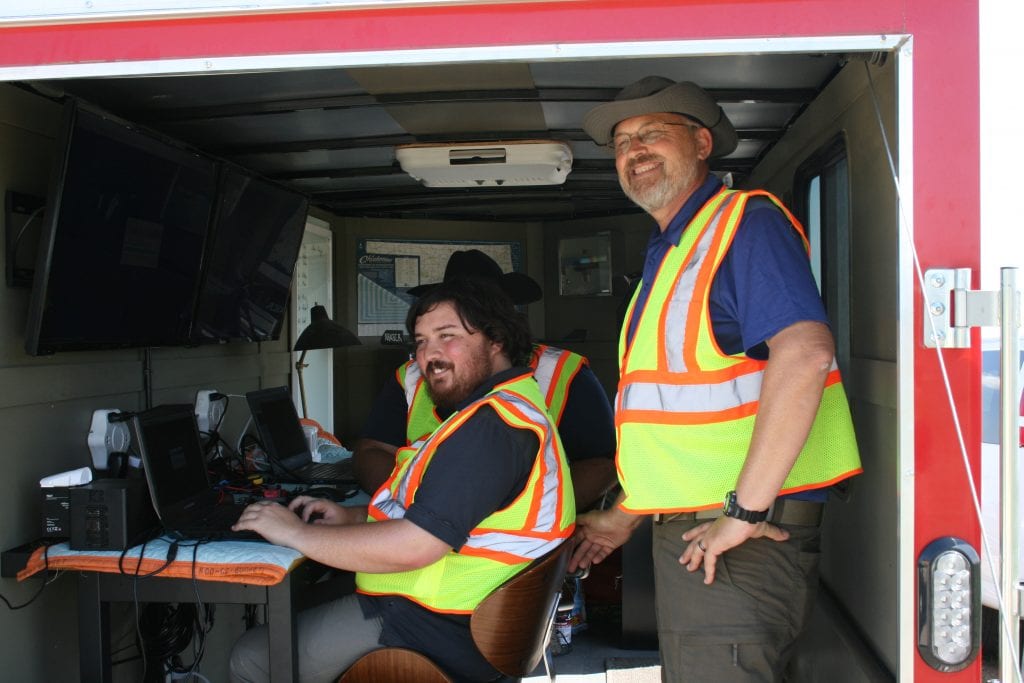New Deal With Embry-Riddle Brings Drone Expertise to UCF Coastal

Photo Courtesy: Embry-Riddle Aeronautical University
UCF Coastal’s research is soaring to new heights through a new partnership with Embry-Riddle’s unmanned aircraft systems program.
Embry-Riddle Aeronautical University boasts a fleet of drones of all shapes, sizes and capabilities, and brings extensive expertise to bear as one of only a few universities in the U.S. offering a bachelor’s in unmanned aviation. Now UCF Coastal will begin harnessing that aerial power to amplify their research into Florida’s coastline.
UCF Coastal researchers will be able to safely map red tide events from overhead instead of exposing scientists in boats to potentially dangerous fumes. Infrared technology can chart the health of plants along a shoreline. And in some areas, the bottom of a channel can be mapped through the water.
UCF Coastal will also benefit by collaborating with Embry-Riddle faculty instead of building up their own fleet of drones. Not only is it expensive, but it’s time-consuming to train a team and gain the legal licenses to fly. One area where UCF Coastal concentrates their research borders on sensitive federal airspace like Cape Canaveral and the Embry-Riddle team has the experience to navigate it.
Finally, future research proposals and grant applications can list this partnership as an asset at their disposal, potentially making their application more competitive.
“Having the breadth of this fleet and its capacity is amazing,” said Graham Worthy, Ph.D., chair of the Biology Department and UCF Coastal’s director. “This will help our projects more accurately predict future trends and confirm where our research is leading us.”
On the other side of the partnership, Embry-Riddle can expand their training to include practical field research. Some of the technology they’re currently using includes building orthomosaic maps, which involves taking multiple snapshots of the same area, then overlaying them with different data sets. Using this approach, UCF Coastal researchers could track shoreline erosion over time.
Researchers will also have the capability to study 3-D images with detailed textures of focused areas through a process called photogrammetry.
Dan Macchiarella, Ph.D., a UCF alumnus, leads this collaboration for Embry-Riddle.
“There’s an art and a science to using unmanned systems,” Macchiarella said. “We’re excited to share our knowledge with UCF and make an impact on Florida.”
